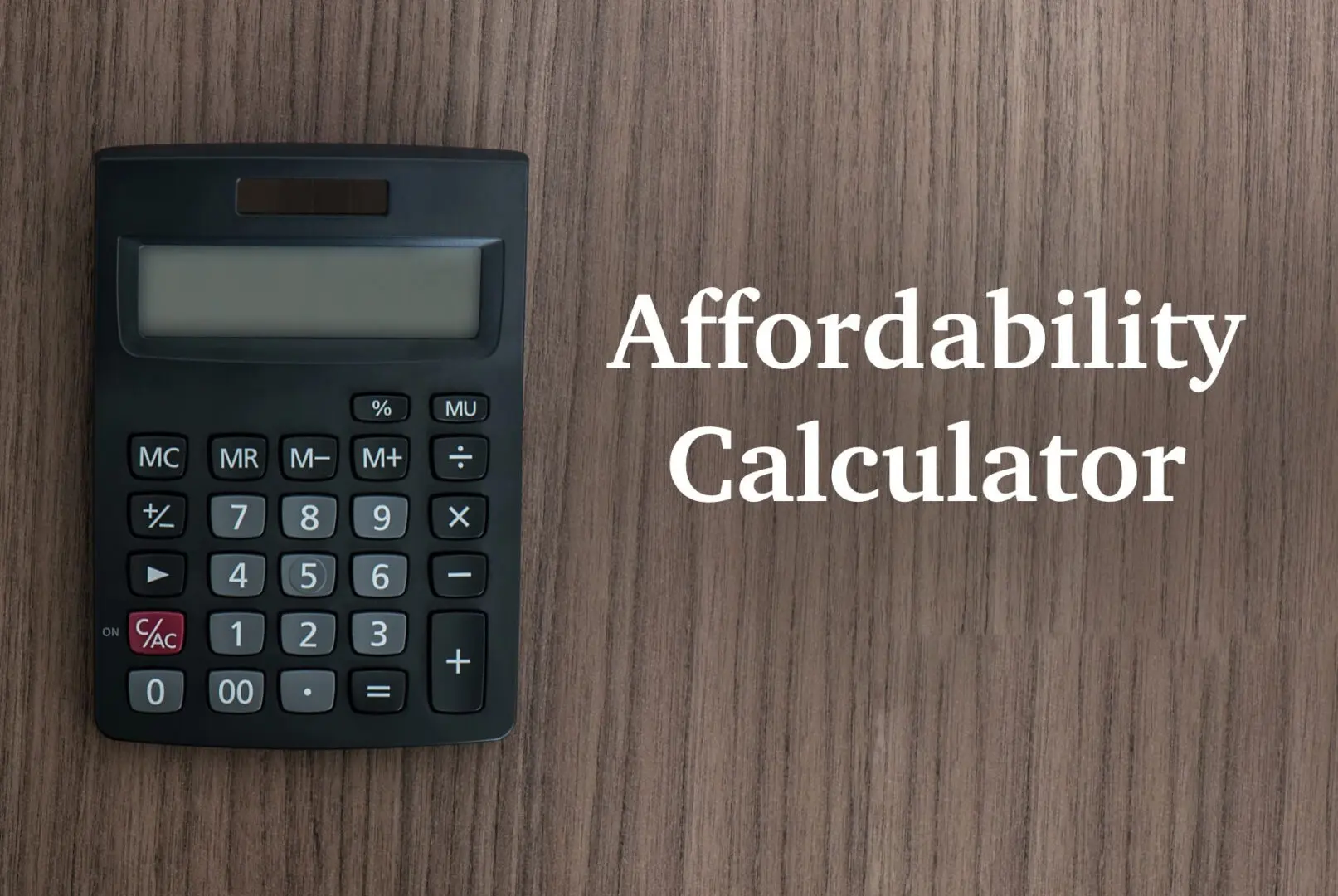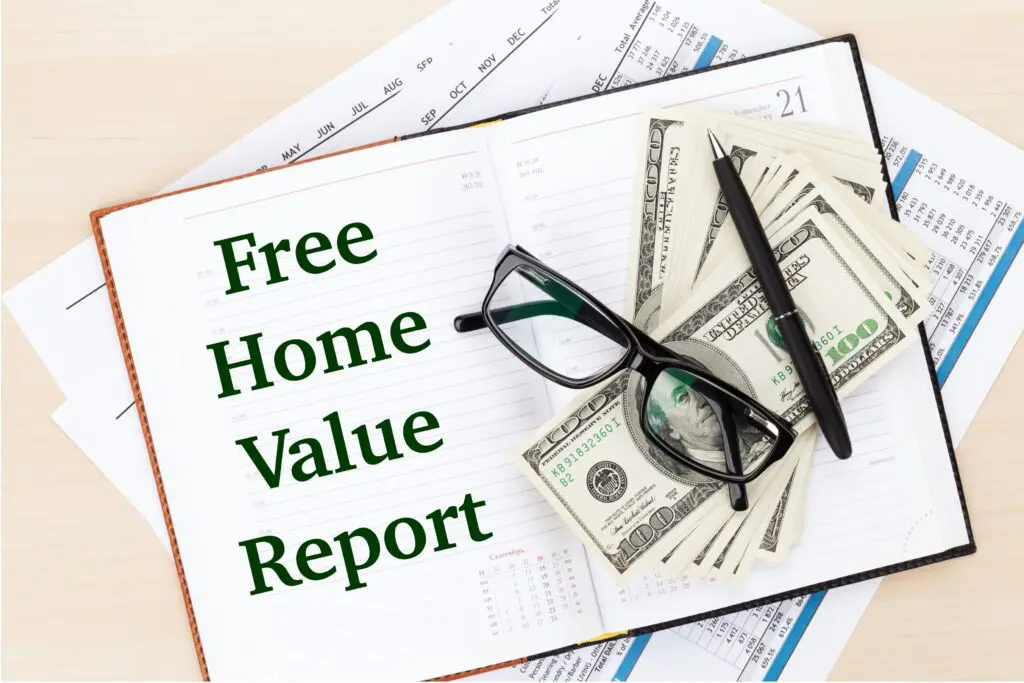
VA Loans
For veterans, active-duty service members of the U.S. Armed Forces, and surviving spouses, VA loans present a highly beneficial opportunity for purchasing a home. These loans are designed to provide an affordable mortgage solution to those with qualifying military service, as well as to surviving spouses who are able to secure a Certificate of Eligibility (COE).
Guaranteed by the U.S. Department of Veterans Affairs, VA loans facilitate access to home financing with more forgiving credit requirements, enabling individuals to obtain an affordable mortgage even if their credit history is less than ideal. This program underscores the nation's commitment to assisting those who have served and their families in achieving homeownership on favorable terms.
What Are VA Loans?
VA loans are mortgage loans that are partially guaranteed by the U.S. Department of Veterans Affairs. Only military service members, veterans, and qualifying surviving spouses are eligible for VA loans. VA-backed mortgages offer the following unique advantages to eligible homebuyers:


How Does a VA Home Loan Work?
VA home loans are facilitated by private lenders, such as banks, credit unions, and mortgage companies, rather than being issued directly by the Department of Veterans Affairs (VA). The VA establishes the eligibility criteria for these loans and approves the lenders that can offer them. The backing of the VA reduces the lenders' risk in case of default, making them more inclined to approve loan applications.
Being non-conforming loans, VA loans do not adhere to the conventional mortgage guidelines set by Freddie Mac and Fannie Mae. This designation allows for more lenient qualification standards, making it easier for eligible borrowers to secure financing. VA loans stand out from conventional mortgages by offering several key benefits:
These features make VA loans a highly attractive option for those who have served in the military, offering an accessible path to homeownership with benefits tailored to their unique needs.
Understanding the
VA Funding Fee
The VA funding fee serves as a one-time payment that acts as the VA's form of mortgage insurance, which supports the loan guarantee provided by the VA. This fee is determined by several factors, including the borrower's down payment amount, the loan type, and whether it's the borrower's first time using a VA loan. The fee ranges from 1% to 3.6% of the loan amount and is designed to offset the costs to taxpayers should a borrower default.
The funding fee can often be financed along with the loan amount, allowing veterans to purchase homes with little to no upfront cost, while still contributing to the sustainability of the VA loan program. Different rates may apply for other types of VA loans, such as Interest Rate Reduction Refinance Loans (IRRRLs) or VA Cash-Out Refinance Loans.


VA Loan Types
The following are the different types of VA loans:
Who Qualifies for a VA Loan?
Eligibility for a VA loan is determined by specific service criteria for military service members and qualifications for surviving spouses of veterans. Here's a breakdown of who qualifies:

Service Criteria for Military Service Members
To be eligible for a VA loan, military service members need to meet at least one of the following conditions:
Qualifications for Surviving Spouses of Veterans
Surviving spouses of veterans can also qualify for a VA loan, but must first obtain a Certificate of Eligibility (COE) to present to their lenders. To be eligible for a COE, surviving spouses typically need to remain unmarried and meet one of the following criteria:
These criteria ensure that VA loans are accessible to those who have served in the military and their families, providing them with the opportunity to own a home under favorable terms as a form of gratitude for their service.


Certificate of Eligibility for a VA Loan
Obtaining a Certificate of Eligibility (COE) is a crucial step in the VA loan process, serving as proof of your eligibility for this benefit. The VA offers a straightforward online system for requesting a COE through VA.gov, where, in many cases, the COE can be issued automatically if the VA has all the necessary information on file. If further information is required, you will need to fill out and submit a Request for a Certificate of Eligibility form to the VA.
If you find you need assistance during this process, ensure you have the appropriate documentation ready, which may include:
This documentation helps verify your, or your spouse's, military service and is essential for the VA to determine your eligibility for a VA loan.
How to Get Pre-Approved for a VA Loan
Securing pre-approval for a VA loan is a crucial step in the home-buying process, offering a more concrete indication of your financial standing to sellers and real estate agents. Pre-approval is more substantive than prequalification, as it involves a thorough check of your financial background, including eligibility, income, credit, and debt levels. Here’s what the pre-approval process entails and how to prepare for it:
Pre-Approval Process
Credit Check: The lender will conduct a hard inquiry on your credit to assess your creditworthiness.
Verification of Income: Active-duty service members will need to provide a statement of service as proof of income.
Employment Verification: You'll be asked to provide employment verification documents such as W-2s and recent pay stubs.
Assets Verification: The lender will request documentation of your assets, including bank statements, investment accounts, retirement accounts, etc.
Identity Verification: You will need to provide your Social Security number and driver’s license number to verify your identity.
Preparation Steps
Review Your Credit: Obtain free credit reports from all three major credit bureaus at AnnualCreditReport.com. Correct any inaccuracies you find. Knowing your FICO scores is also crucial. If your scores are low, work on improving them by paying down debts to improve your DTI ratio.
Obtain Your COE: Secure your Certificate of Eligibility either through VA.gov or with assistance if necessary. This document is essential for moving forward with a VA loan.
Gather Necessary Documents: Compile all required documents, including:
Apply for Pre-Approval: With your credit reviewed, COE in hand, and documents gathered, you’re ready to apply for pre-approval. This step solidifies your readiness to engage in the housing market.
Pre-approval puts you in a stronger position when making an offer on a home, showcasing your serious intent and financial capability to sellers, thereby making your bid more competitive.
Minimum Loan Requirements for a VA Loan
For those eligible for a VA loan based on service requirements, there are additional minimum criteria that need to be met to secure loan approval:
Employment
Credit Score
Debt-To-Income (DTI) Ratio
Loan Limits
Residual Income
Reserve Funds
Occupancy
Federal Debt

Home Appraisal
Minimum Home Requirements
Positive Compensating Factors
Lenders may consider compensating factors to bolster an application that's borderline, including excellent credit history, minimal debt, stable long-term employment, receipt of military benefits, a low DTI ratio, significant savings, or a sizable down payment.
Negative Compensating Factors
Factors potentially detrimental to your VA loan application include a history of late payments, recent bankruptcy, foreclosure, and unpaid collections, among others.
These guidelines are designed to ensure that veterans and service members receive loans that are sustainable and affordable, reflecting their ability to repay while meeting their housing needs.

VA Loan Limits for 2024
Eligible service members and veterans with full entitlement have the advantage of not facing loan limits on VA mortgages exceeding $144,000. Should you default on a VA loan under full entitlement, the VA guarantees to cover 25% of the loan amount for the lender.
Full Entitlement is available under any of these conditions:
Remaining Entitlement comes into play when:
If I Have Full Entitlement, Does That Mean I Can Get Any Size of Mortgage I Want?
If you have full entitlement, the VA won’t set a loan limit on your mortgage. However, your lender will still need to approve your loan application based on how much you can afford. Your lender will determine the amount you can afford based on your credit history, assets, and income.


